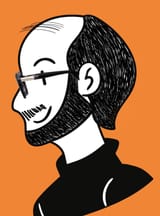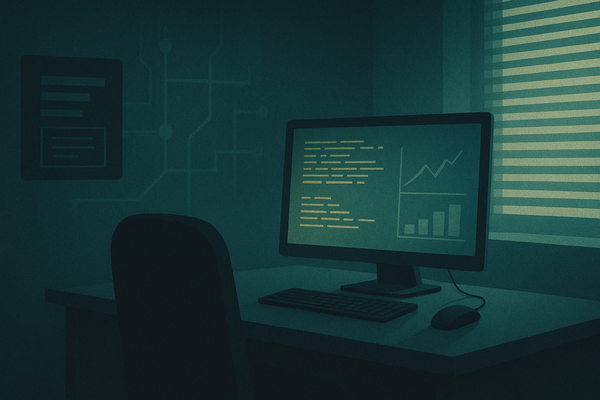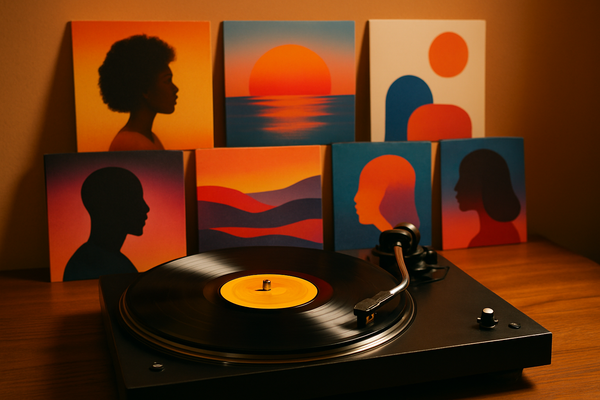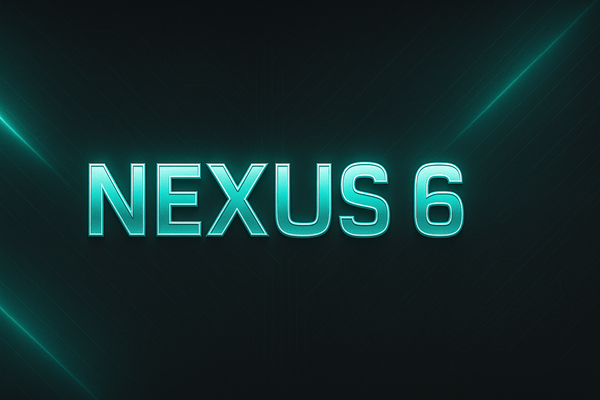NeXus #0003
The weekly supplement for extra goodies.

The weekly supplement for extra goodies.
Around the Web:
(via Reddit's r/Cool Guides)
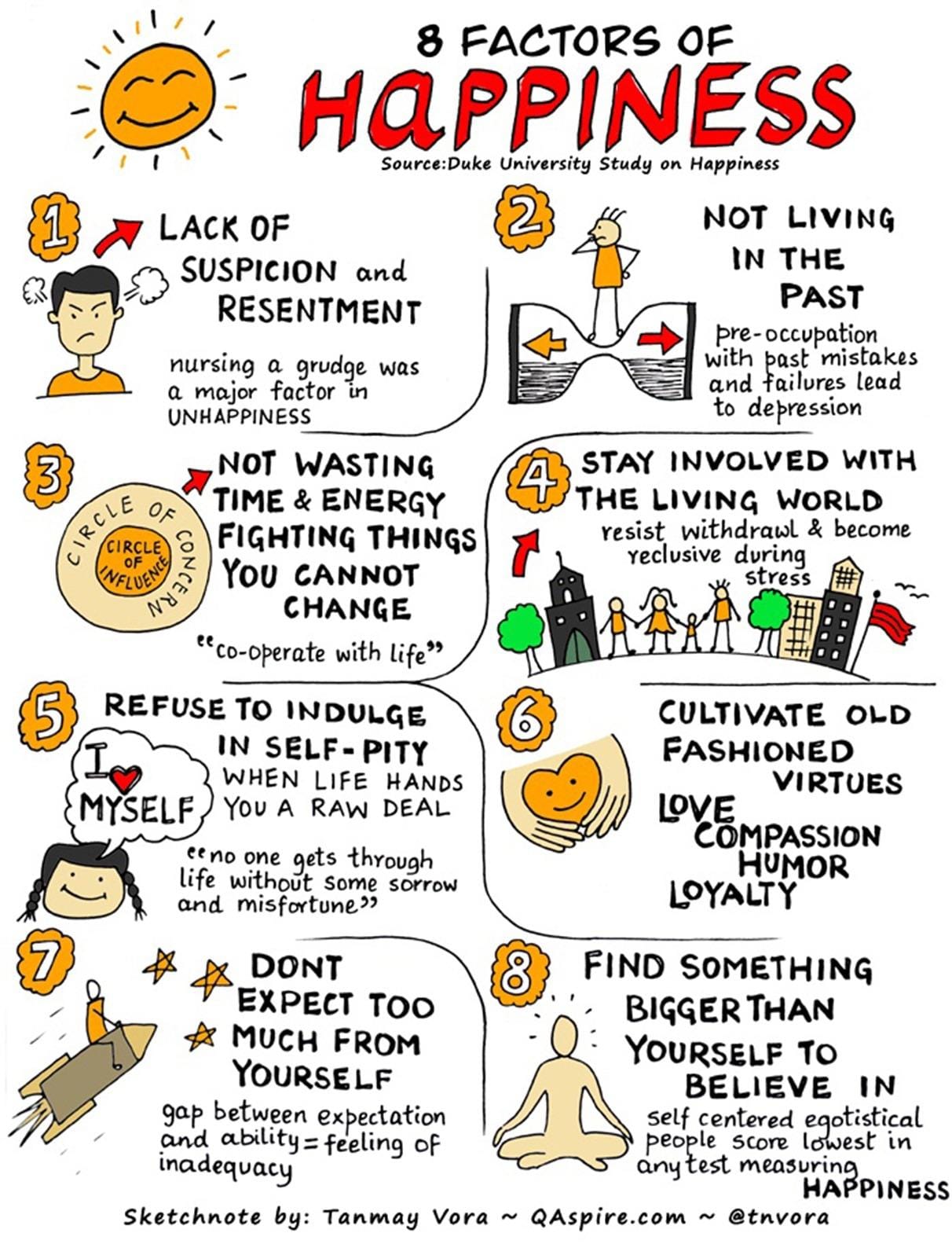
Articles:
The Iberian Blackout
What happened and early lessons

Why We Were Never Meant to Live in Large Cities
Humans evolved for small groups, making large cities stressful; community design is key.

No, Schrödinger’s cat is not alive and dead at the same time | Aeon Essays
The weird paradox of Schrödinger’s cat has found a lasting popularity. What does it mean for the future of quantum physics?
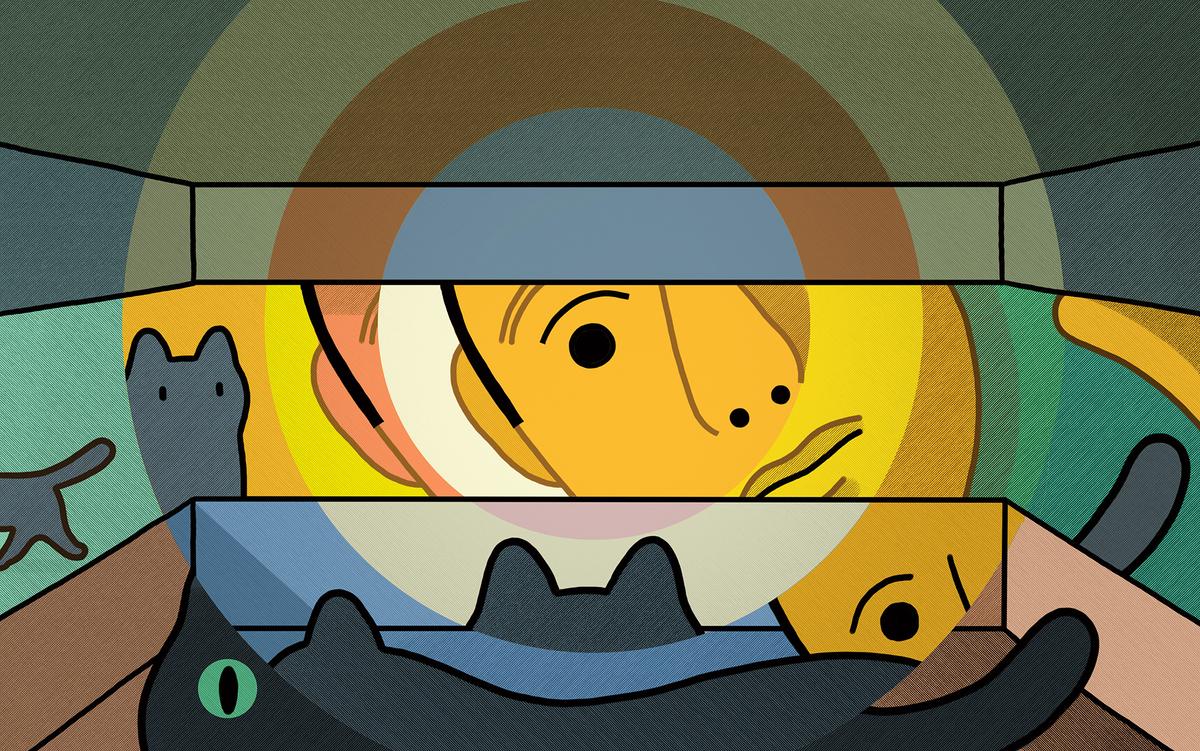
What’s it like to be 70 years old in space? “All those little aches and pains heal up.”
“When the flight docs say I’m ready to go back, I’m ready to do it.”…
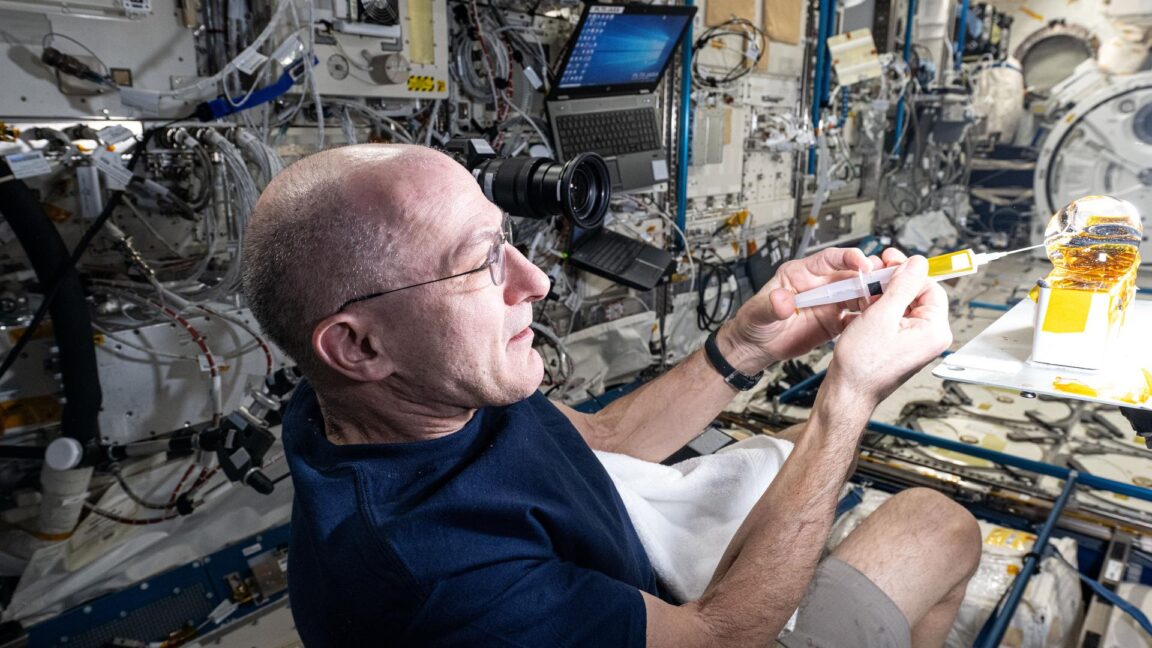
World’s largest solar telescope takes first ultra-detailed image of the sun | CNN
The National Science Foundation’s Daniel K. Inouye telescope debuted a close-up of the sun captured by its new, ultra-powerful imaging tool. Here’s what you can see.
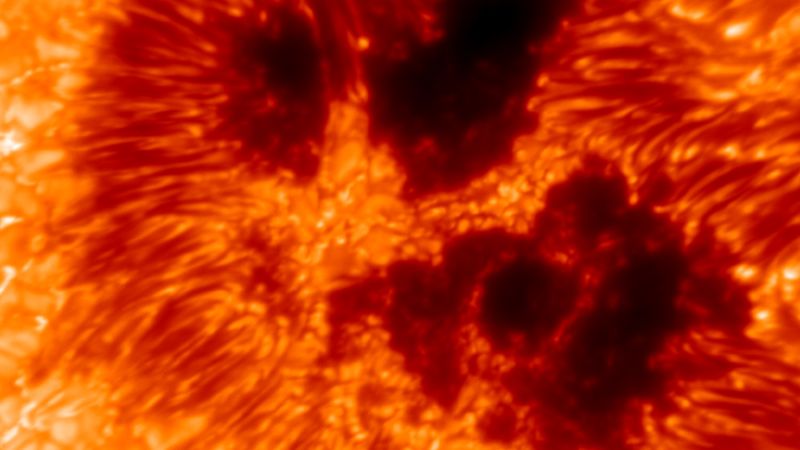
What happens if the asteroid collides with the Moon?
The chances of a collision with the Moon have increased significantly. But what does that mean for us?
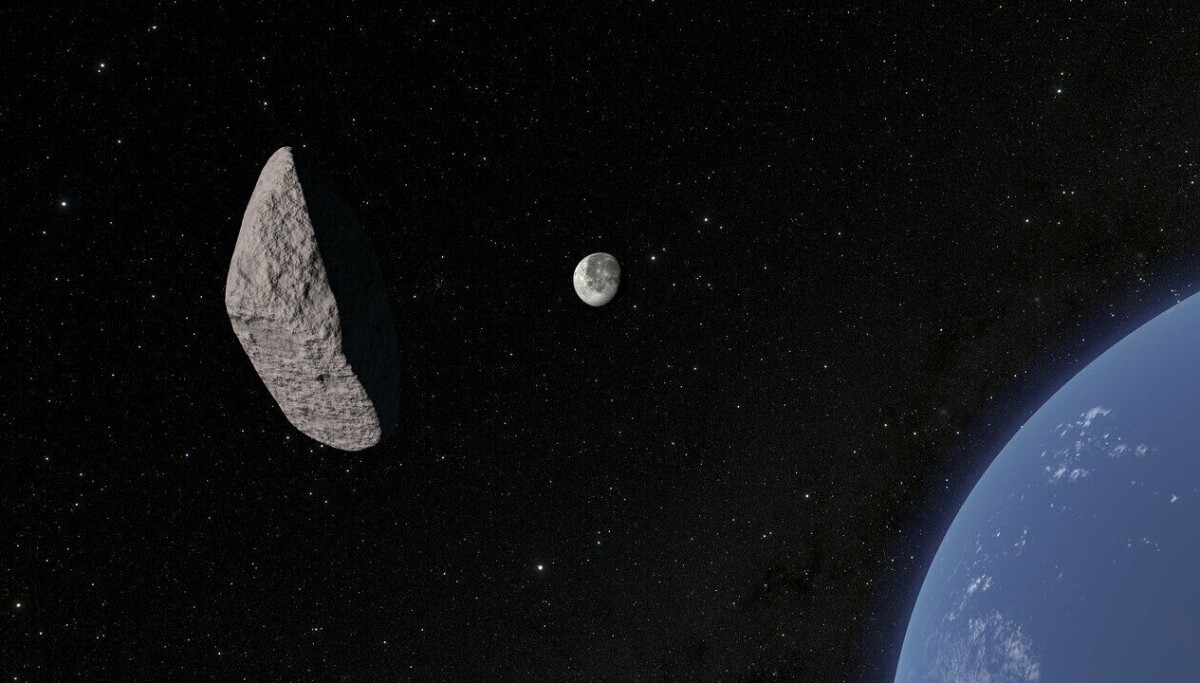
A new collider can teach us about the origin of matter
The laws of nature are almost perfectly symmetric between matter and antimatter, and yet our Universe is made ~100% of matter only. But why?
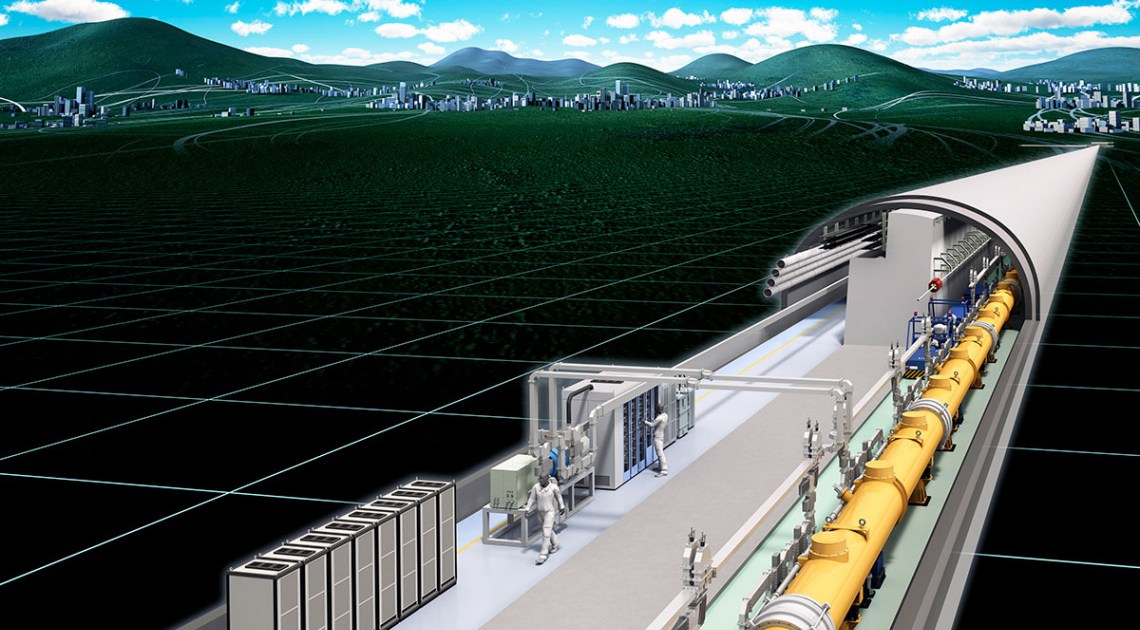
What the Most Essential Terms in AI Really Mean | Quanta Magazine
A simple primer to the 19 most important concepts in artificial intelligence.
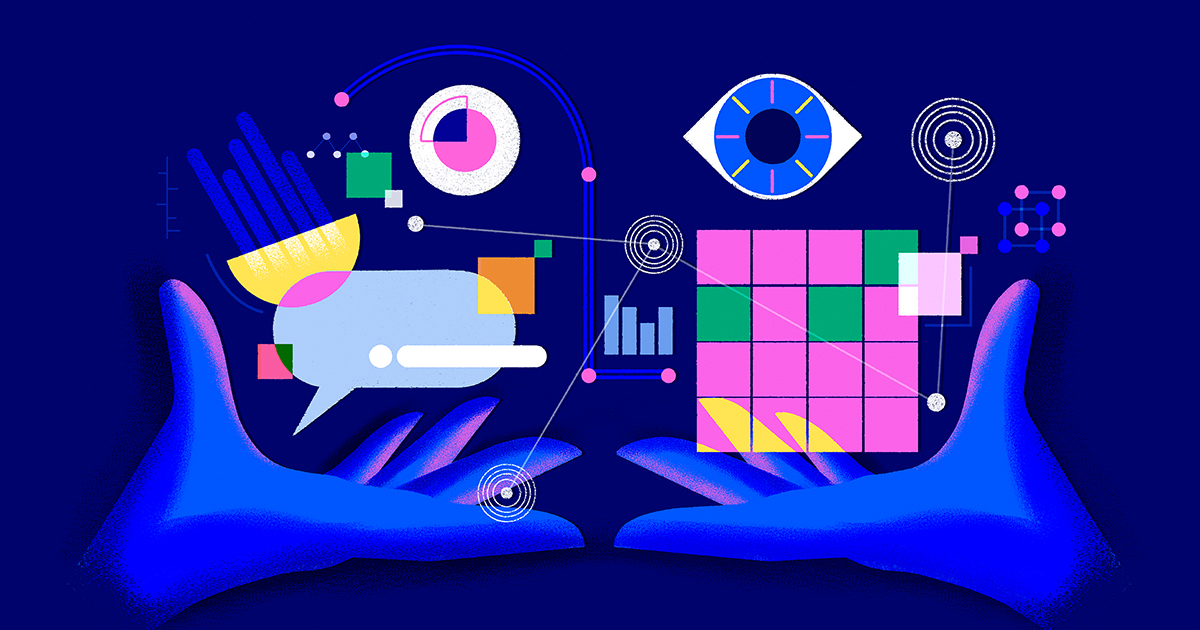
The Strange Physics That Gave Birth to AI | Quanta Magazine
Modern thinking machines owe their existence to insights from the physics of complex materials.
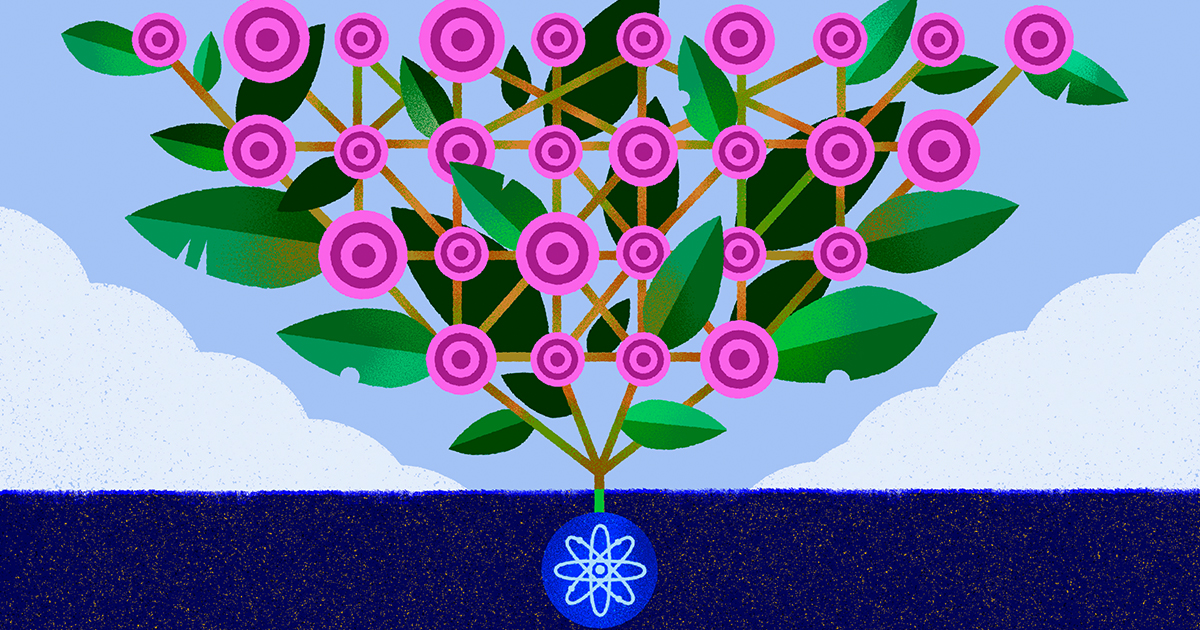
How does consciousness work? Duelling scientists tested two big theories but found no winner
When it comes to consciousness, theories are like toothbrushes. Everybody has their own and nobody wants to use anybody else’s.
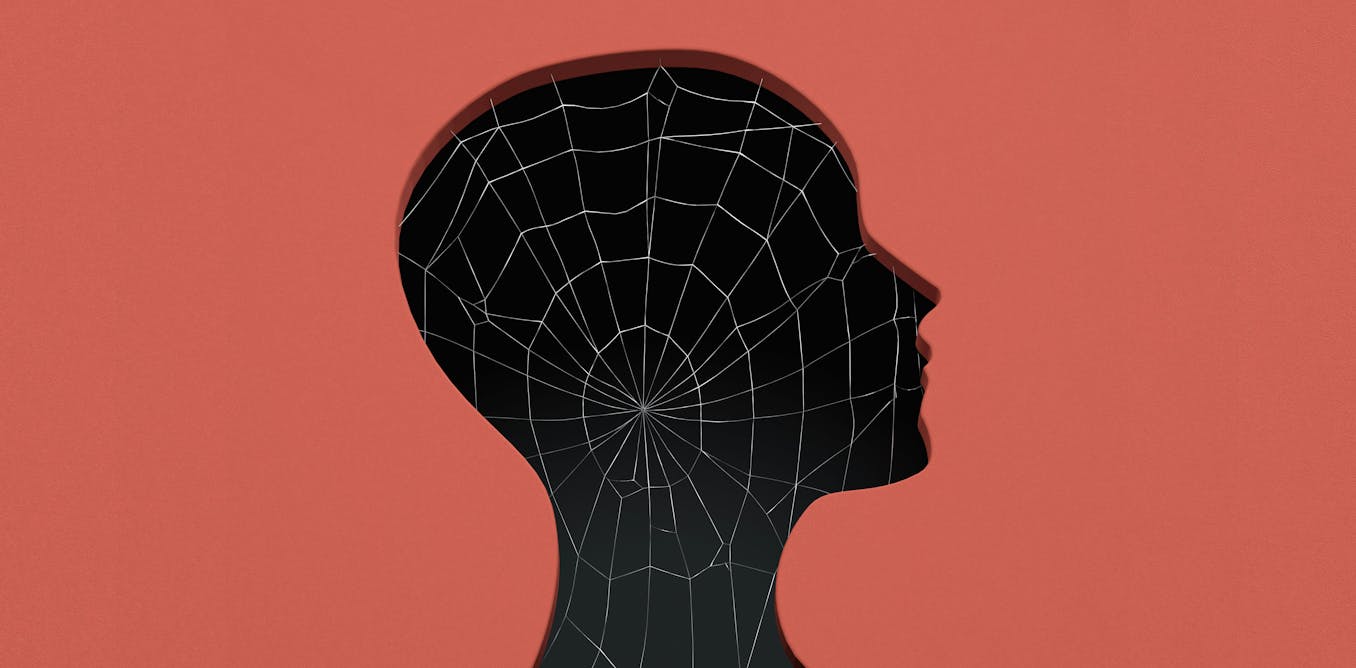
The surprising way your body fat sabotages intermittent fasting | BBC Science Focus Magazine
A study of mice by scientists in Japan reveals that obesity could change how our bodies respond to periods of fasting.

How your mouth could be killing your heart
What do your gums have to do with your heart? More than you might think. Chronic gum disease can lead to inflammation that damages your heart over time.
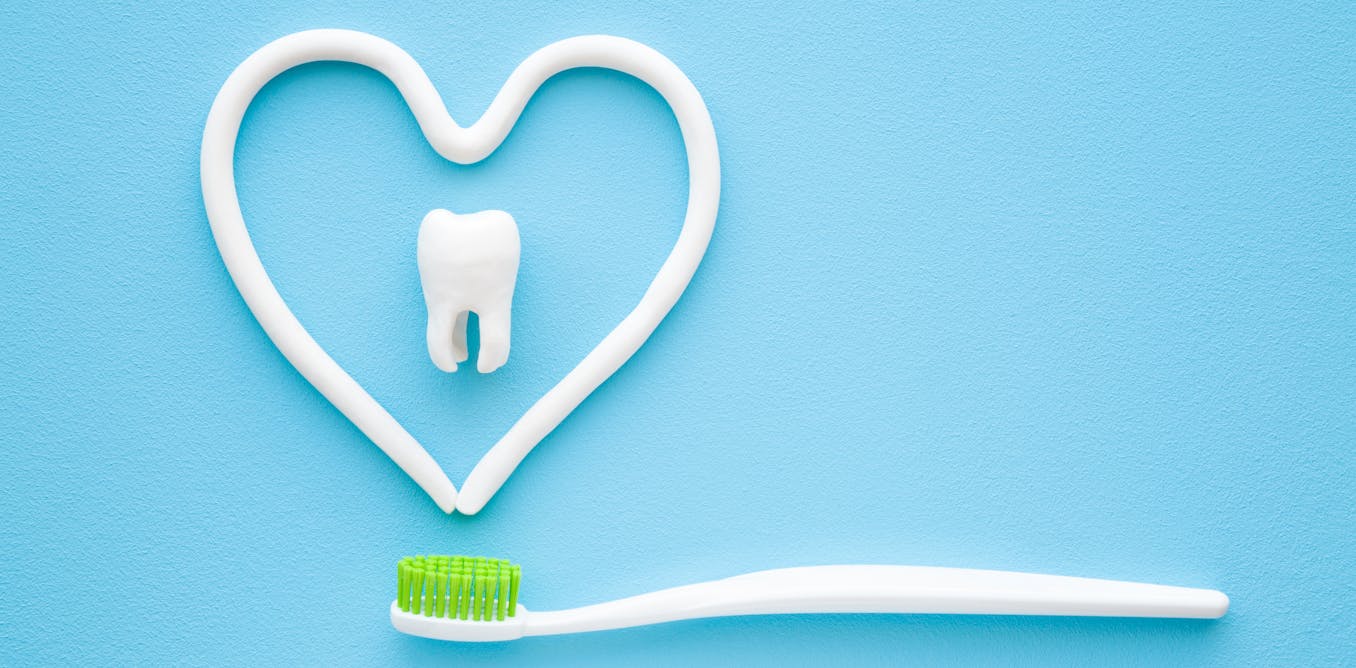
Is the World Spinning, or Is It Me? How the Brain Distinguishes Self and External Motion
Researchers identified a region of the thalamus that predicts and nullifies the effects of movement on visual perception, enabling precise representation of the world.
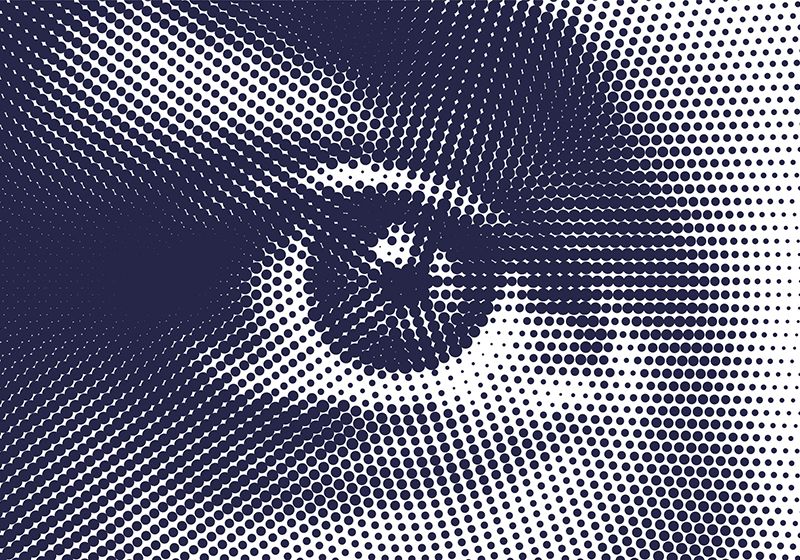
The secret behind the scent of roses
Why does a rose smell like a rose? Scientists have analysed the chemical composition of floral odours, whose volatile compounds serve not only to attract but also to repel.

MIT engineers advance toward a fault-tolerant quantum computer
MIT researchers demonstrated extremely strong nonlinear light-matter coupling in a quantum circuit. Stronger coupling enables faster quantum readout and operations, ultimately improving the accuracy of quantum operations.
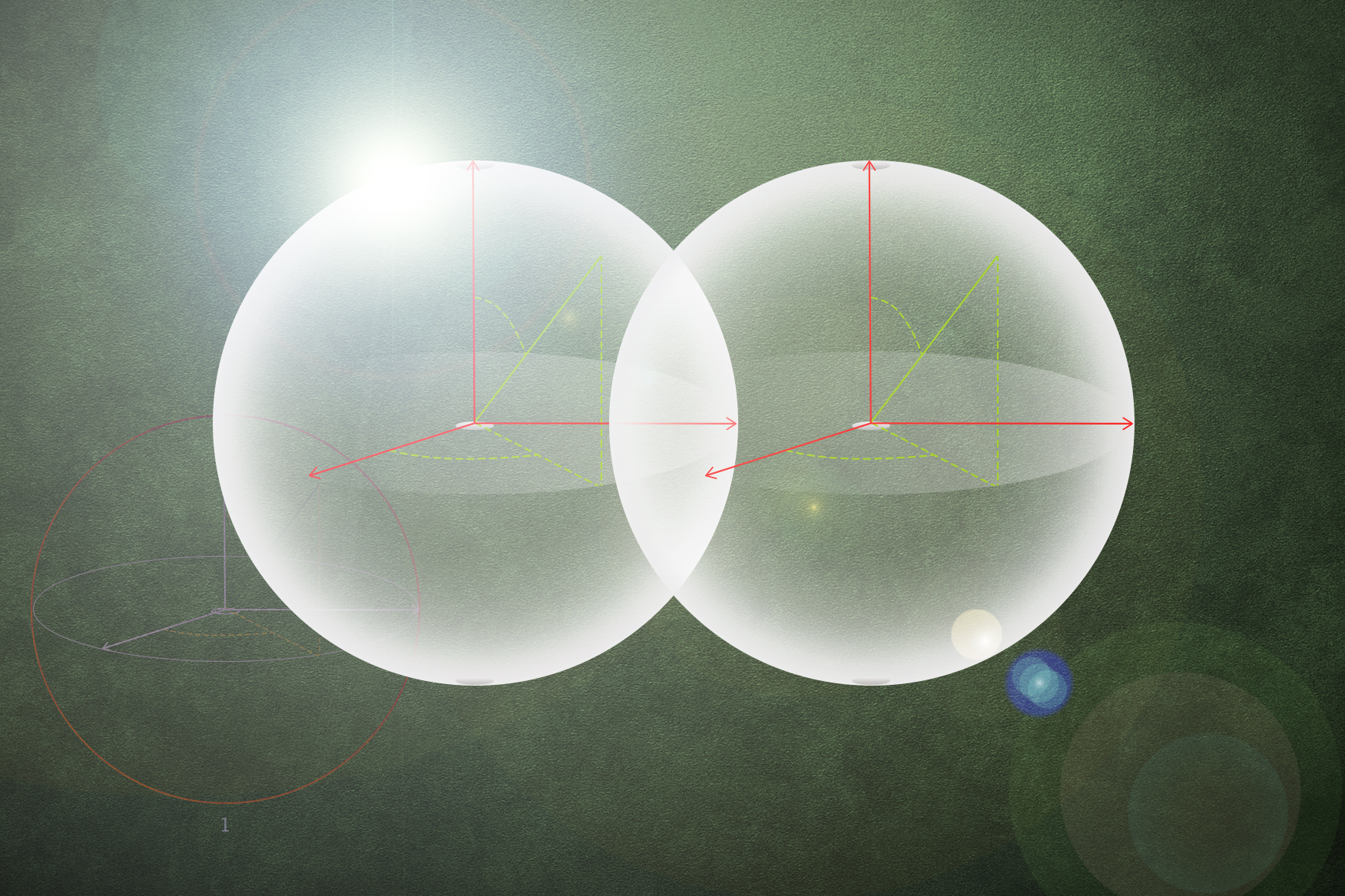
UCLA Breakthrough Extends Fuel Cell Lifespan Beyond 200,000 Hours, Paving the Way for Clean Long-Haul Trucking
For trucks and heavy-duty vehicles that must travel long distances without frequent, time-consuming charging stops, batteries often fall short. Hydrogen fuel cells — which can be refueled
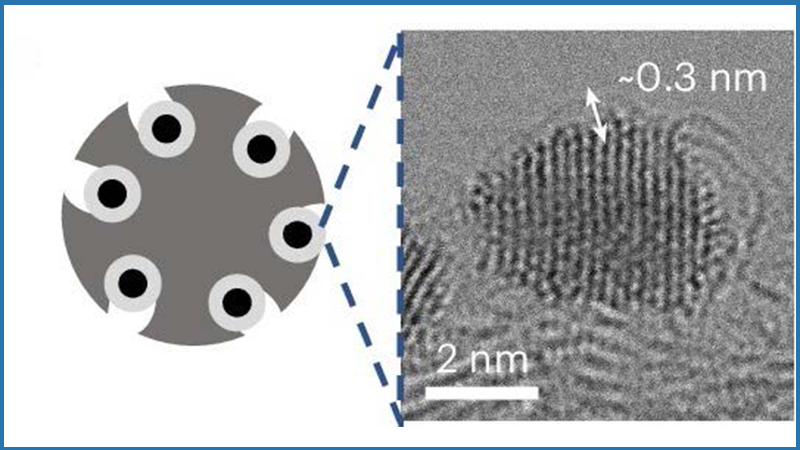
‘Wood You Believe It?’ FAU Engineers Fortify Wood with Nano-Iron
With more than 181.5 billion tons of wood produced globally each year, a research breakthrough using nano-iron could pave the way for eco-friendly alternatives in construction materials, furniture and more.
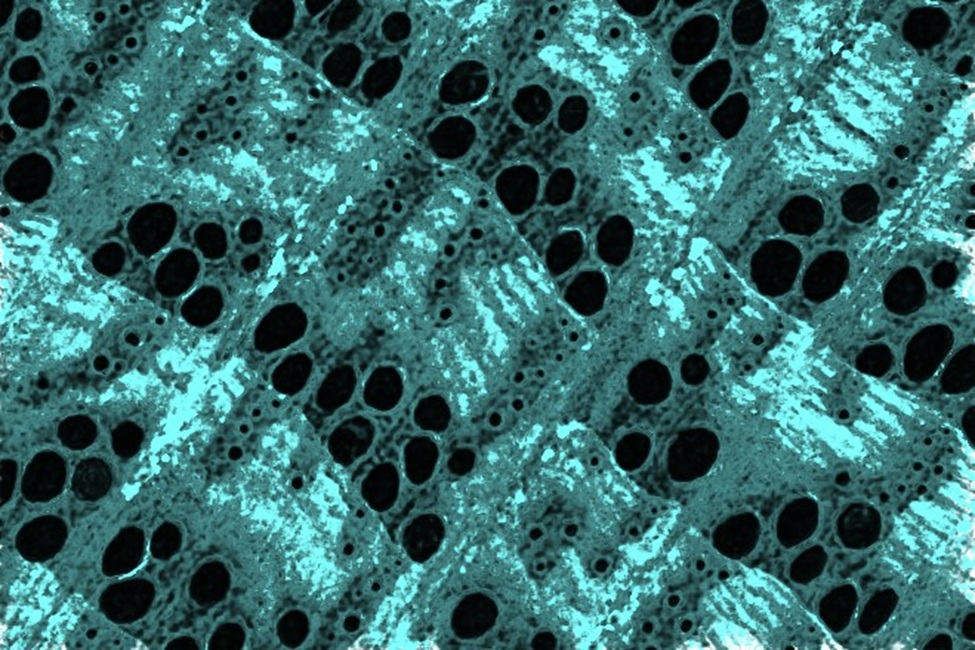
The 6 strongest materials on Earth are harder than diamonds
Diamonds, which for millennia were the hardest known material, only come in at #7 on the current list. Can you guess which material is #1?
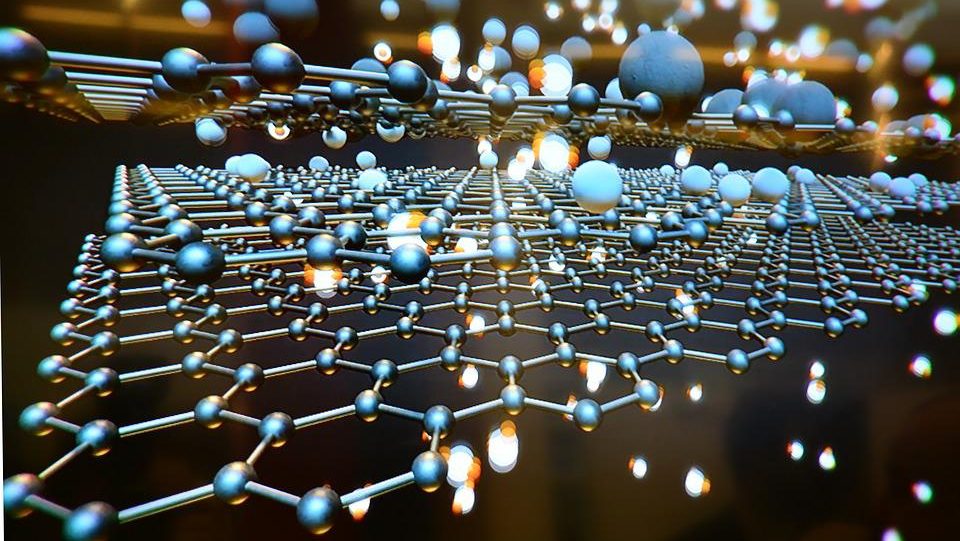
Did the Ancient Egyptians Paint the Milky Way on Their Coffins?
Tomb art suggests the sky goddess Nut from ancient Egypt might reveal the oldest depiction of our galaxy.
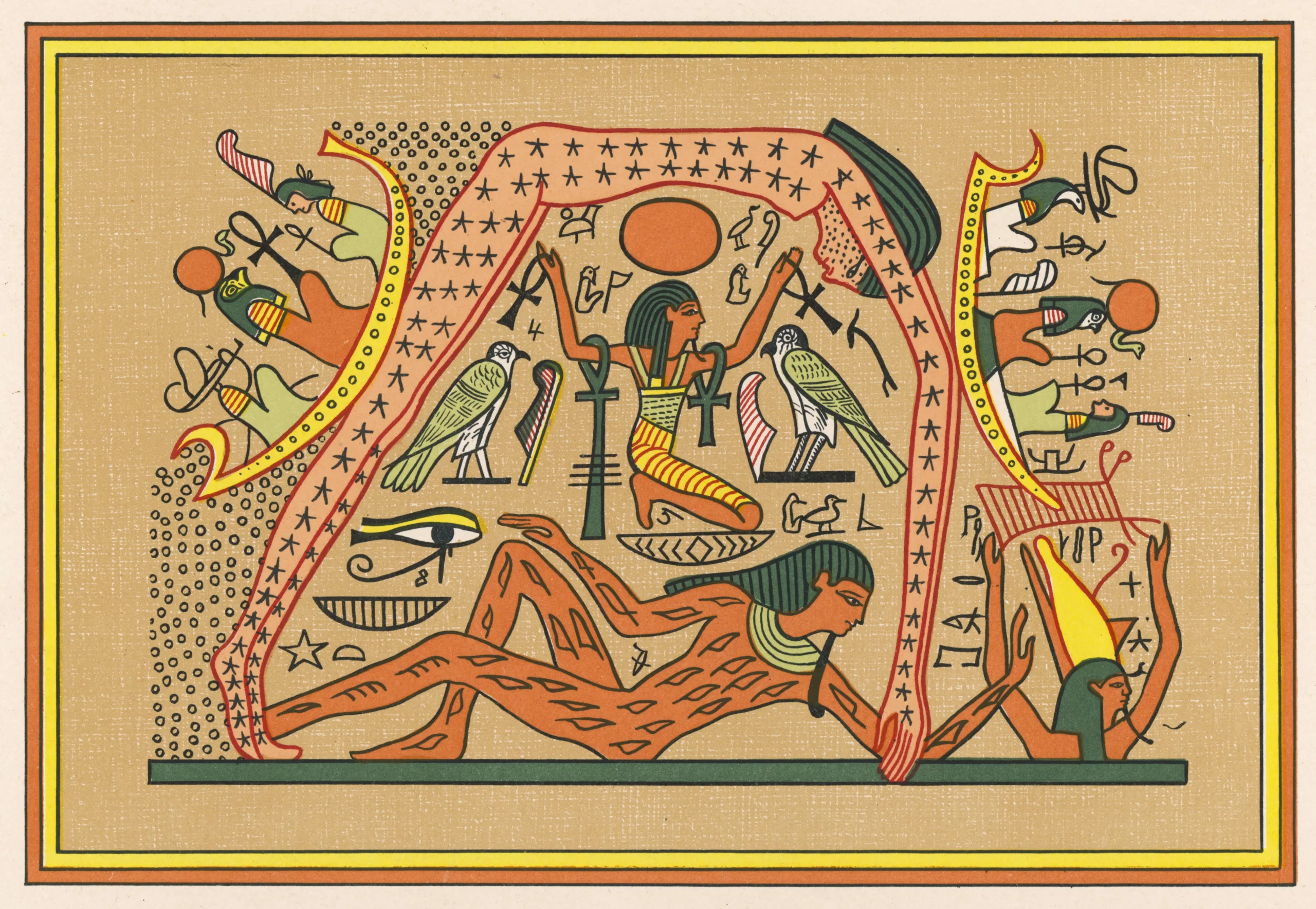
Dinosaurs weren’t going extinct before the asteroid strike
The dinosaurs were not in decline before the asteroid hit, a new study finds. Instead, poor fossilization conditions and unexposed late Cretaceous rock layers mean they’re either not preserved or hard to find.
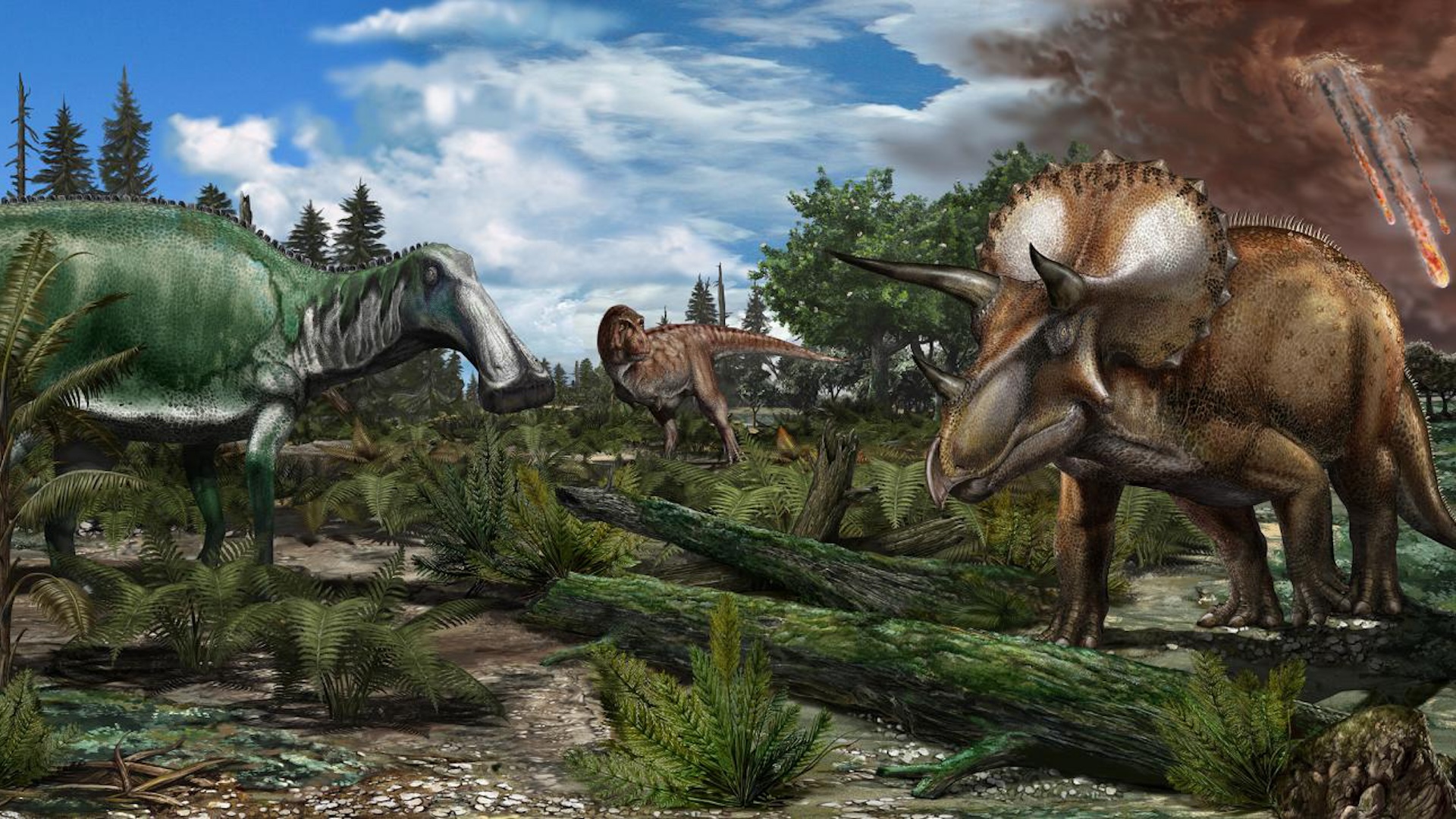
How does the universe make antimatter?
Although our universe is mostly normal matter, antimatter isn’t so hard to create — supernovae, black holes, and even bananas can make it.
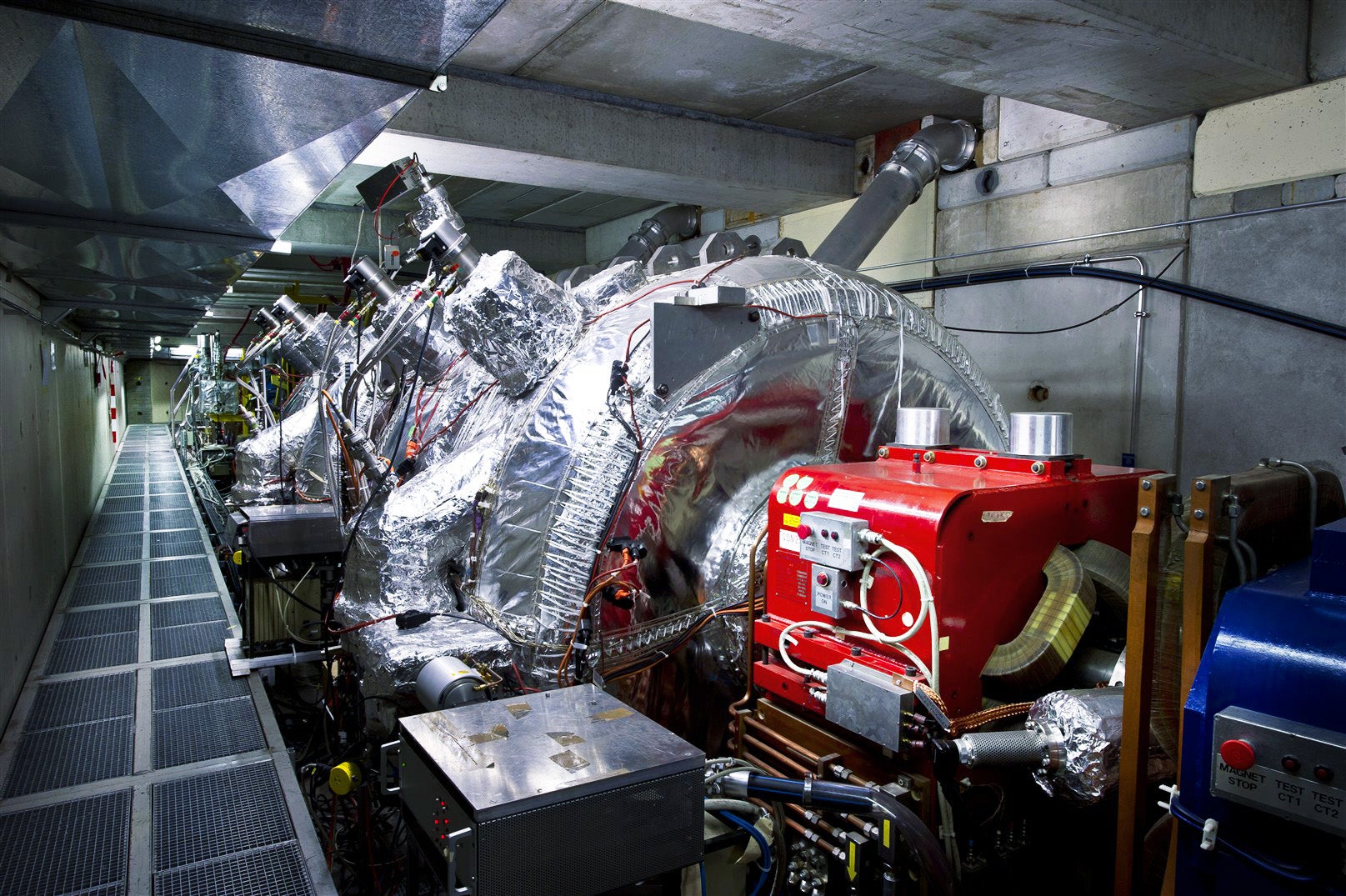
AI Is Nothing Like a Brain, and That’s OK | Quanta Magazine
The brain’s astounding cellular diversity and networked complexity could show how to make AI better.
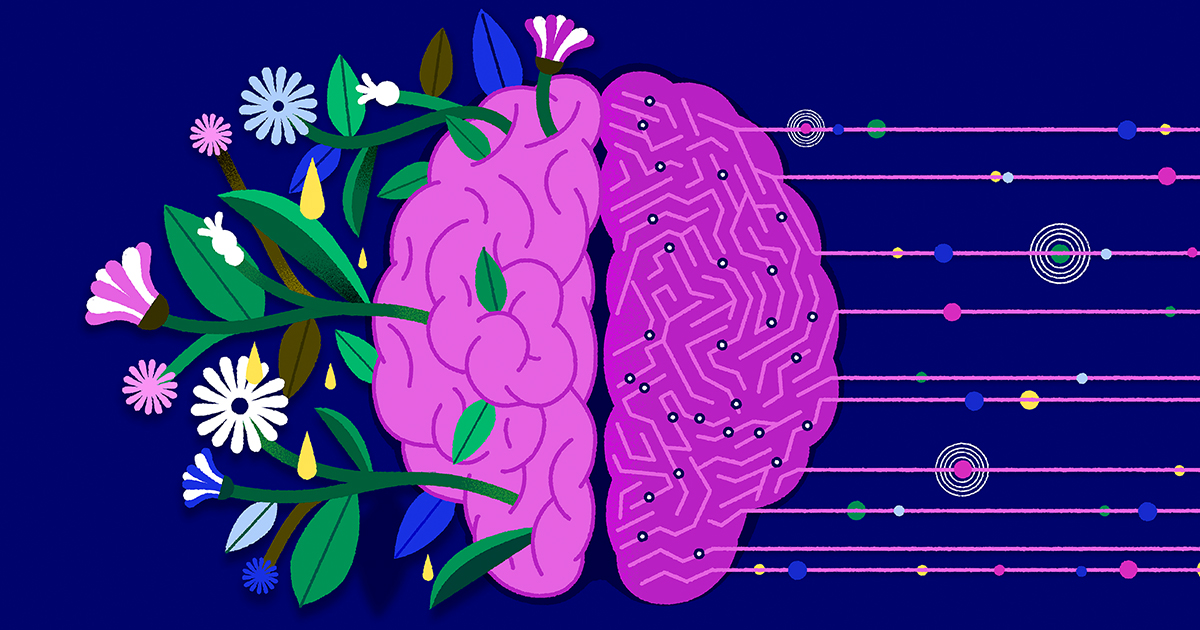
Mathematician solves algebra’s oldest problem
University of New South Wales Honorary Professor Norman Wildberger has unveiled a potentially game-changing mathematical theory.
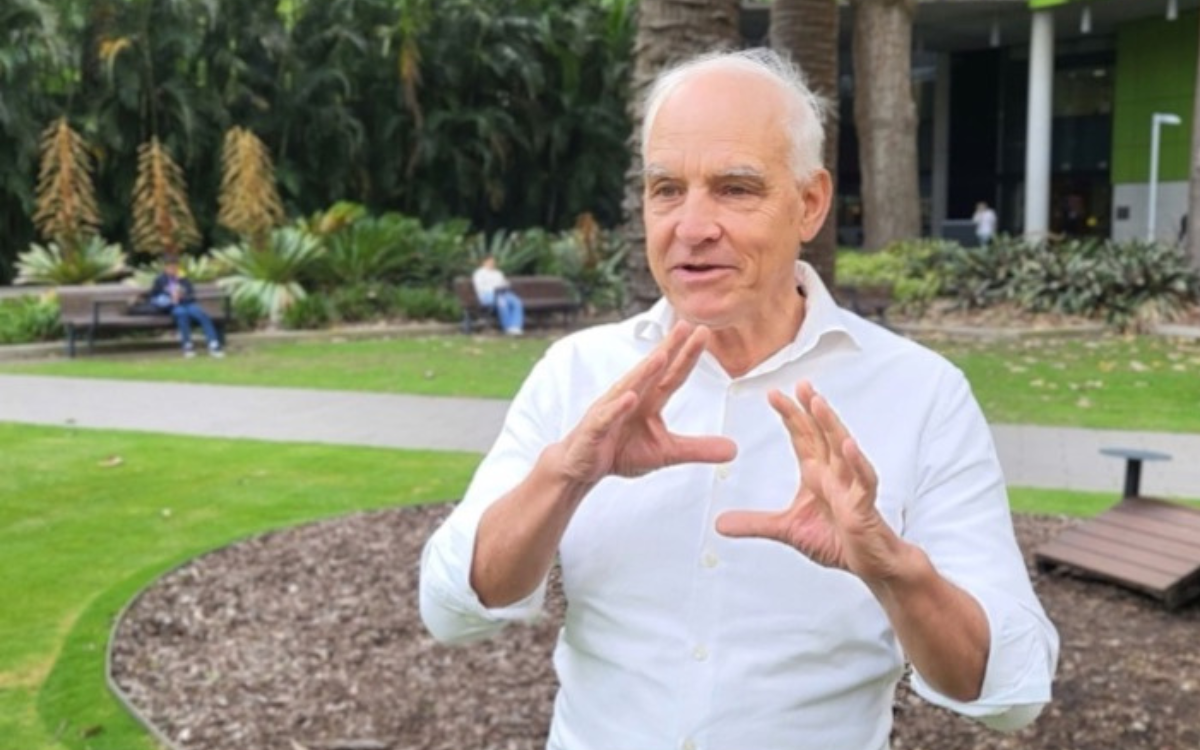
Trailers:
Photos:
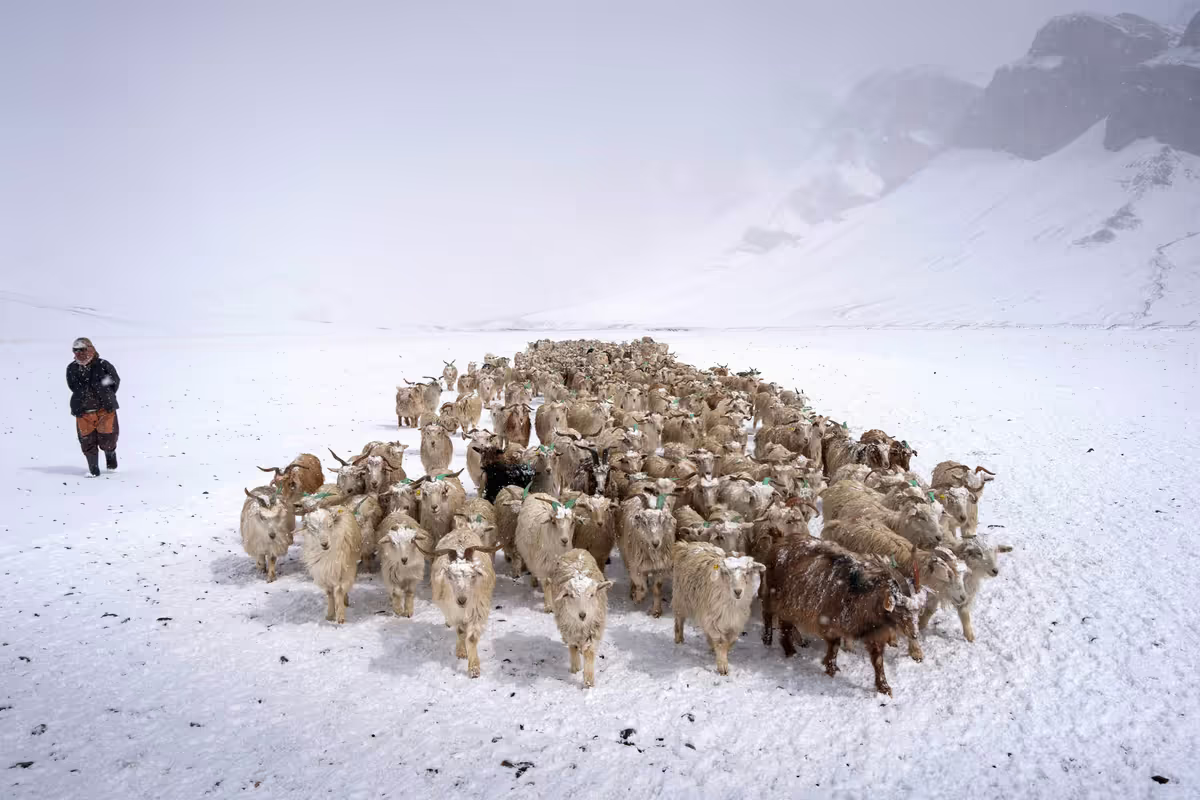



🔴
Nexus is a weekly selection of content elsewhere shared by their creators and hereby suggested by me. Please give the original authors their due recognition by supporting their work.

